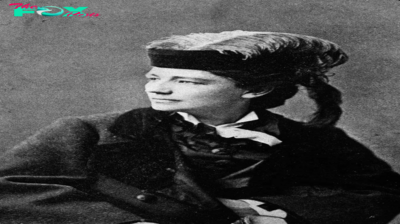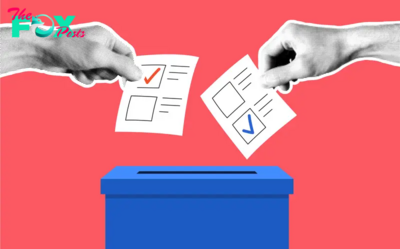US News
Appeals court scales back order squelching Biden administration contact with social media platforms
NEW ORLEANS -- A federal appeals court Friday significantly whittled down a lower court's order curbing Biden administration communications with social media companies over controversial content about COVID-19 and other issues.
The 5th U.S. Circuit Court of Appeals in New Orleans on Friday said the White House, the Surgeon General, the Centers for Disease Control and the FBI cannot “coerce” social media platforms to take down posts the government doesn’t like.
But the court threw out broader language in an order that a Louisiana-based federal judge issued on July 4 that effectively blocked multiple government agencies from contacting platforms such as Facebook and X (formerly Twitter) to urge that content be taken down.
Even the appeals court’s softened order doesn’t take effect immediately. The administration has 10 days to seek a Supreme Court review.
Friday evening's ruling came in a lawsuit filed in northeast Louisiana that accused administration officials of coercing platforms to take down content under the threat of possible antitrust actions or changes to federal law shielding them from lawsuits over their users’ posts.
COVID-19 vaccines, the FBI’s handling of a laptop that belonged to President Joe Biden’s son, Hunter, and election fraud allegations were among the topics spotlighted in the lawsuit, which accused the administration of using threats of regulatory action to squelch conservative points of view.
The states of Missouri and Louisiana filed the lawsuit, along with a conservative website owner and four people opposed to the administration’s COVID-19 policy.
In a posting on X, Louisiana Attorney General Jeff Landry called Friday’s ruling “a major win against censorship.”
In an unsigned 75-page opinion, three 5th Circuit judges agreed with the plaintiffs that the administration “ran afoul of the First Amendment” by at times threatening social media platforms with antitrust action or changes to law protecting them from liability.
But the court excised much of U.S. District Judge Terry Doughty's broad July 4 ruling, saying mere encouragement to take down content doesn't always cross a constitutional line.
“As an initial matter, it is axiomatic that an injunction is overbroad if it enjoins a defendant from engaging in legal conduct. Nine of the preliminary injunction’s ten prohibitions risk doing just that. Moreover, many of the provisions are duplicative of each other and thus unnecessary,” Friday's ruling said.
The ruling also removed some agencies from the order: the National Institute of Allergy and Infectious Diseases, the Cybersecurity and Infrastructure Agency and the State Department.
The case was heard by judges Jennifer Walker Elrod and Edith Brown Clement, nominated to the court by former President George W. Bush; and Don Willett, nominated by former President Donald Trump. Doughty was nominated to the federal bench by Trump.
-

 US News1h ago
US News1h ago4B Is Not the Winning Strategy to Resist the Patriarchy People Think It Is
-

 US News1h ago
US News1h ago‘Bomb Cyclone’ Threatens Northern California and Pacific Northwest
-

 US News6h ago
US News6h agoClimate Action in Trump 2.0
-

 US News12h ago
US News12h agoWhat Victoria Woodhull’s Presidential Run Can Teach Us About America Today
-

 US News1d ago
US News1d agoThese Races Still Don’t Have a Clear Winner Two Weeks After Election Day
-

 US News1d ago
US News1d agoNYC Issues Drought Warning and Pauses Aqueduct Repairs
-

 US News1d ago
US News1d ago‘It’s Going to Take Everyone’: How Immigrant Advocates Are Preparing for Trump’s Return
-

 US News1d ago
US News1d agoLet’s Bring Back Romance



























